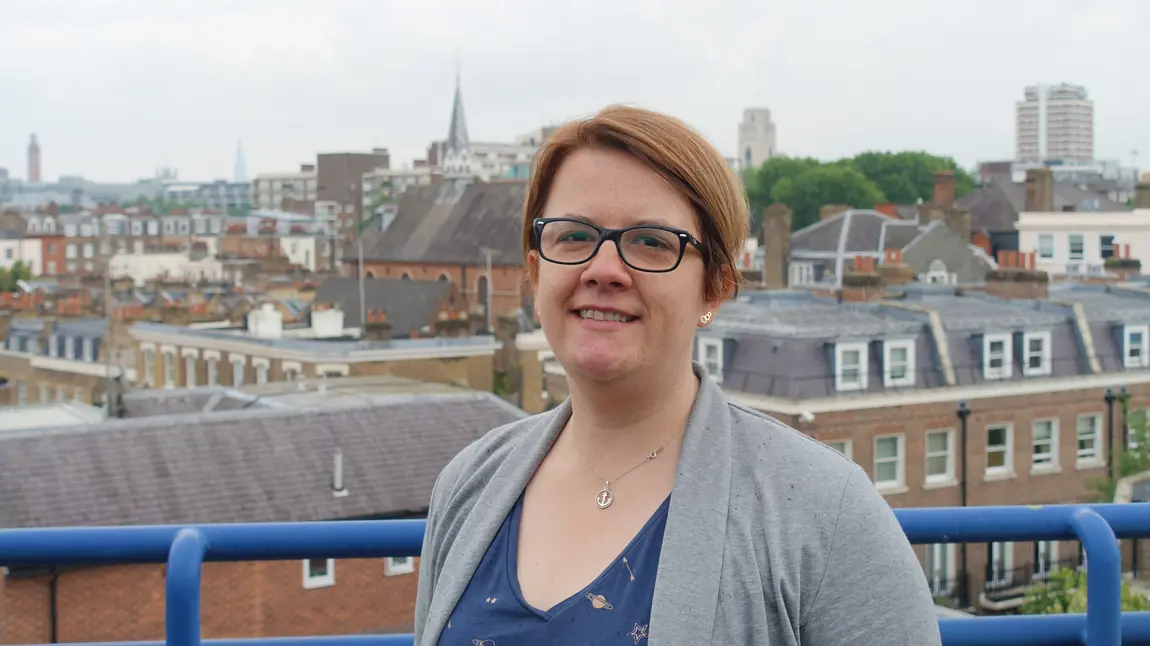In the fight for equality, understanding our heritage matters

Today marks 50 years since the Stonewall riots. It was an event which sparked the modern LGBT+ rights movement and inspired a generation.
28 June 1969
On 28 June 1969, the New York Police Department (NYPD) launched a raid on the Stonewall Inn in New York City. It was the latest in a series of raids targeting LGBT+ bars and community spaces, part of a long-term campaign of police persecution and intimidation against a community still forced to live in the shadows.
This raid was different though. When a young woman, Stormé DeLarverie, complained that her handcuffs were too tight, she was brutally clubbed over the head by the officer who arrested her.

It was an indignity too far for the crowd that night. Leading the charge were Sylvia Rivera and Marsha P Johnson, two young drag queens who had long been at the forefront of the LGBT+ rights movement in New York. They threw bottles and resisted arrest, and together with the other patrons of the Stonewall Inn, fought back in a pitched battle with the NYPD that would last for several days.
What happened in New York on that hot summer night in 1969 inspired a movement.
In the UK, the legacy includes Pride, the Gay Liberation Front, Lesbians and Gays Support the Miners and eventually the birth of the charity that bears its name, Stonewall. In 50 years, progress has been hard won, but relatively rapid.
Most of the UK now enjoys full LGBT+ legal equality, and sometimes it can be easy to forget that legal and social equality are not the same thing.
We have come so far, but there is still so much left to do
The news earlier this month that homophobic and transphobic hate crime has rocketed in England and Wales over the past five years is a stark reminder. Reported incidents of hate crime per capita rose 144%. Yes, better reporting is part of the reason, but as any openly LGBT+ person will tell you, the world doesn’t always feel massively welcoming right now.
How do we tackle this? I think that heritage is part of the answer.
Heritage is so important to increasing visibility and driving social progress. We take inspiration from our forebears and the things that have been passed on to us, but we also draw a sense of belonging. And that is so important for minority communities who struggle for acceptance and who are all too often invisible in our national discourse.
As an LGBT+ person, the issue of heritage and belonging is politically important, but it’s also intensely personal.
I know that so many of the rights and freedoms I take for granted were hard won by the likes of Stormé and Sylvia and Marsha, and I know too that I have a duty to future generations to be visible and brave and uncompromising when it comes to demanding inclusion for everyone.
We all stand on the shoulders of giants, and we can only hope to honour their example. As I raise my children, I want them to see that we all belong, not just in spite of who we love, but because of it.
A commitment to inclusion

Our current Strategic Funding Framework makes inclusion a mandatory outcome and prioritises community heritage. Our LGBT+ season is about bringing that commitment to life and showcasing the impact that National Lottery funding has had on shaping a more progressive and inclusive UK.
To date we have funded over 130 projects through grants worth more than £5.5million. Over the next 25 years I hope we can do so much more – and demonstrate the value of that contribution by delivering a more inclusive world.
I’m excited that we’re going to be hearing from diverse voices over the course of our LGBT+ season, from Joseph Galliano of Queer Britain to Veronica McKenzie of the BAME LGBT+ project Haringey Vanguard, and lots of other grantees across the UK in between.
Heritage matters – it’s as much about the future we want as about the past that we honour.